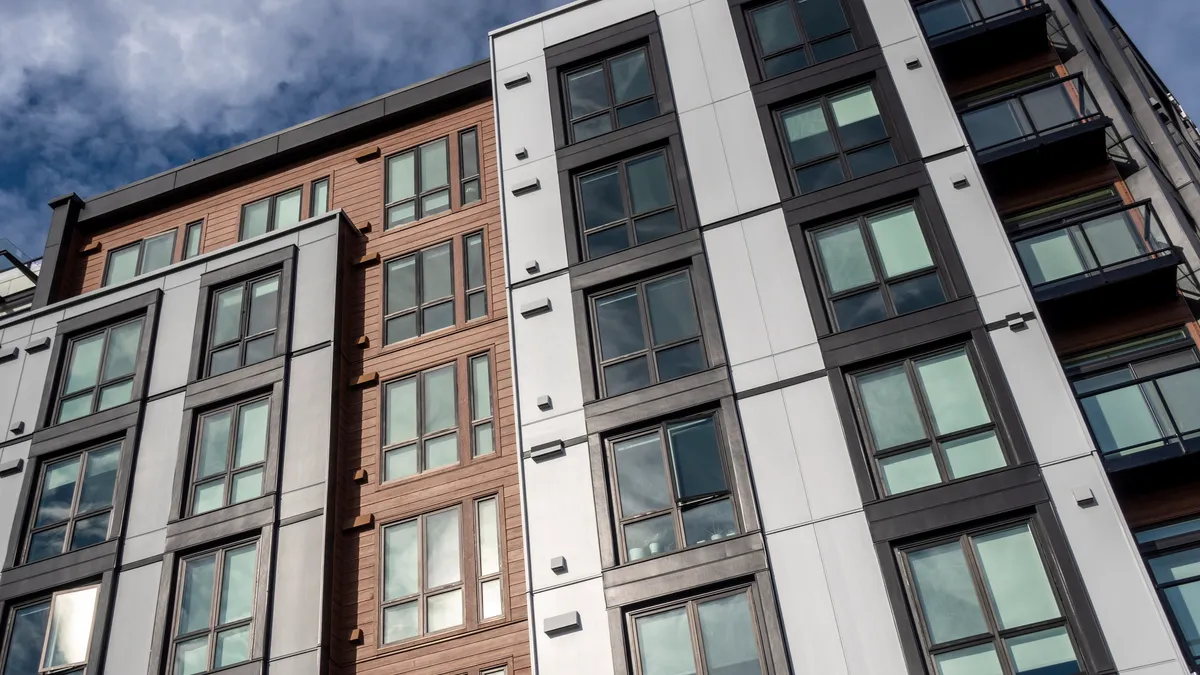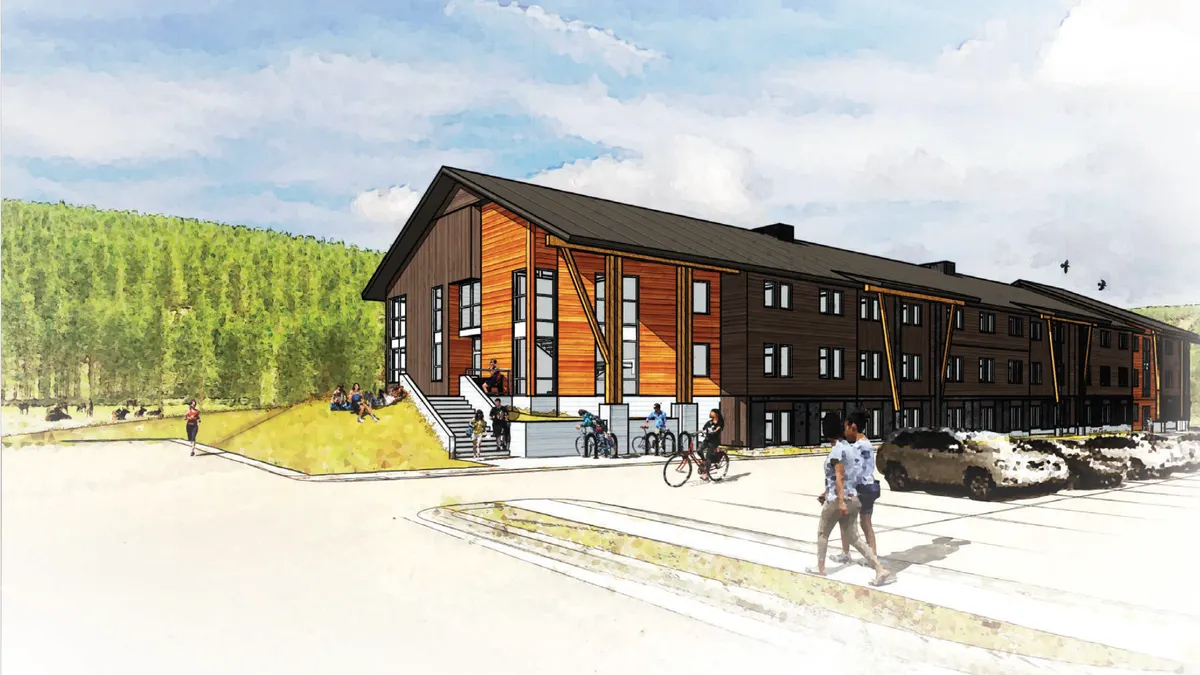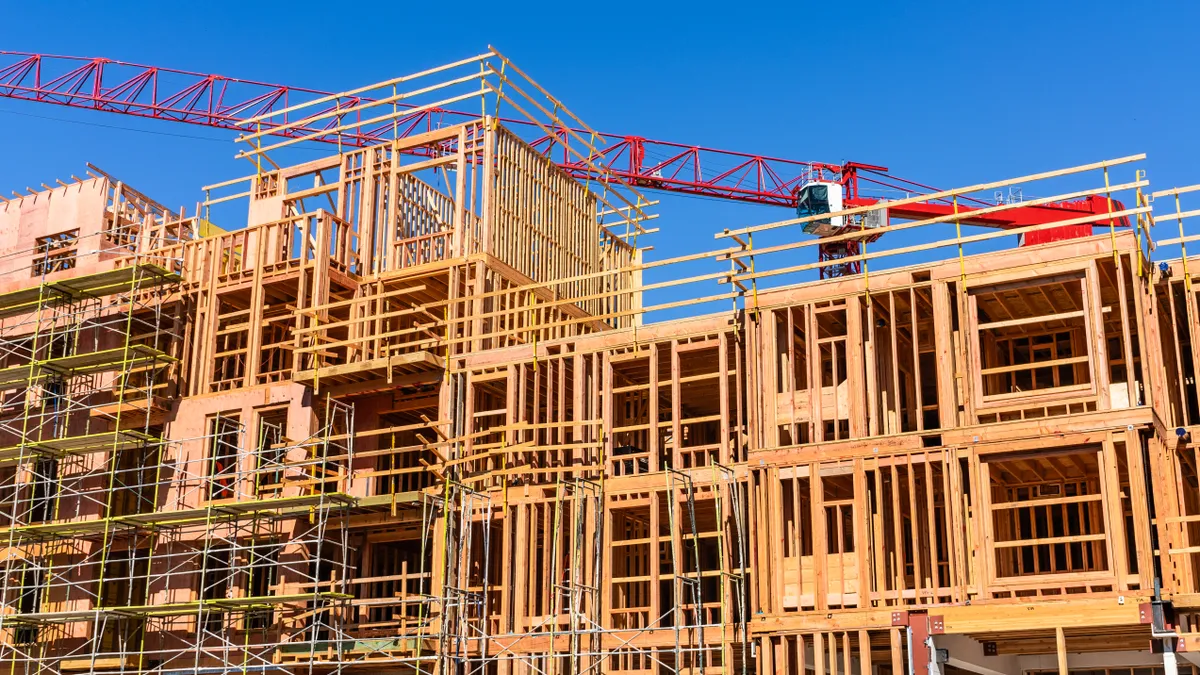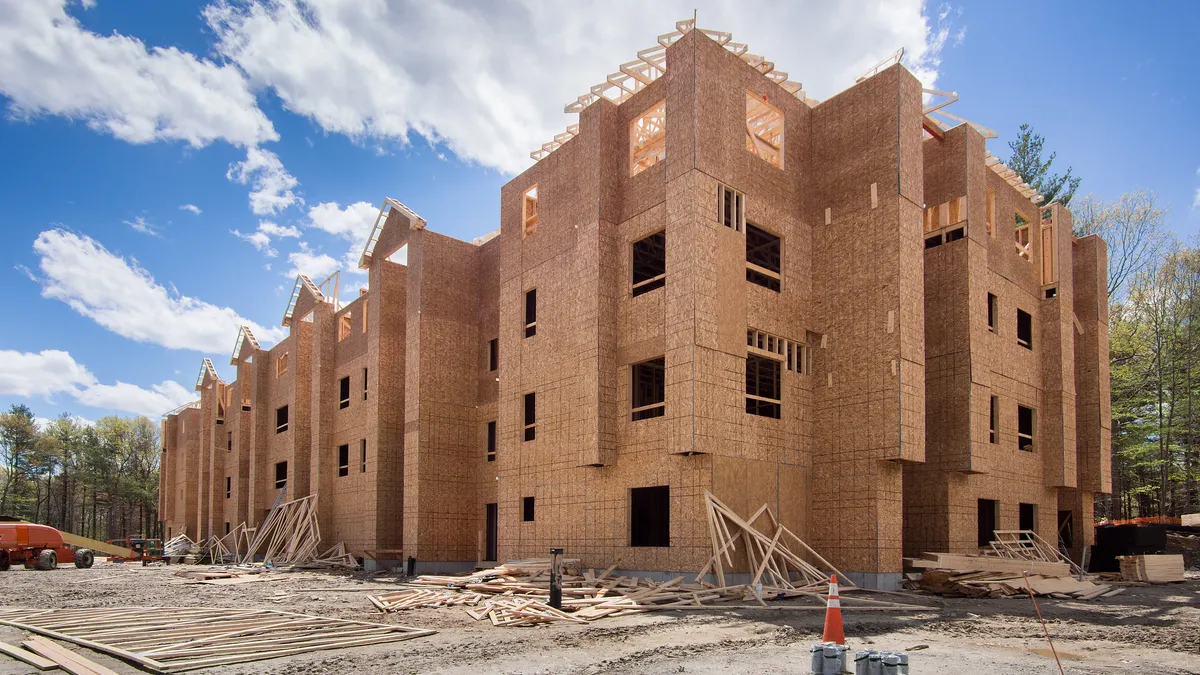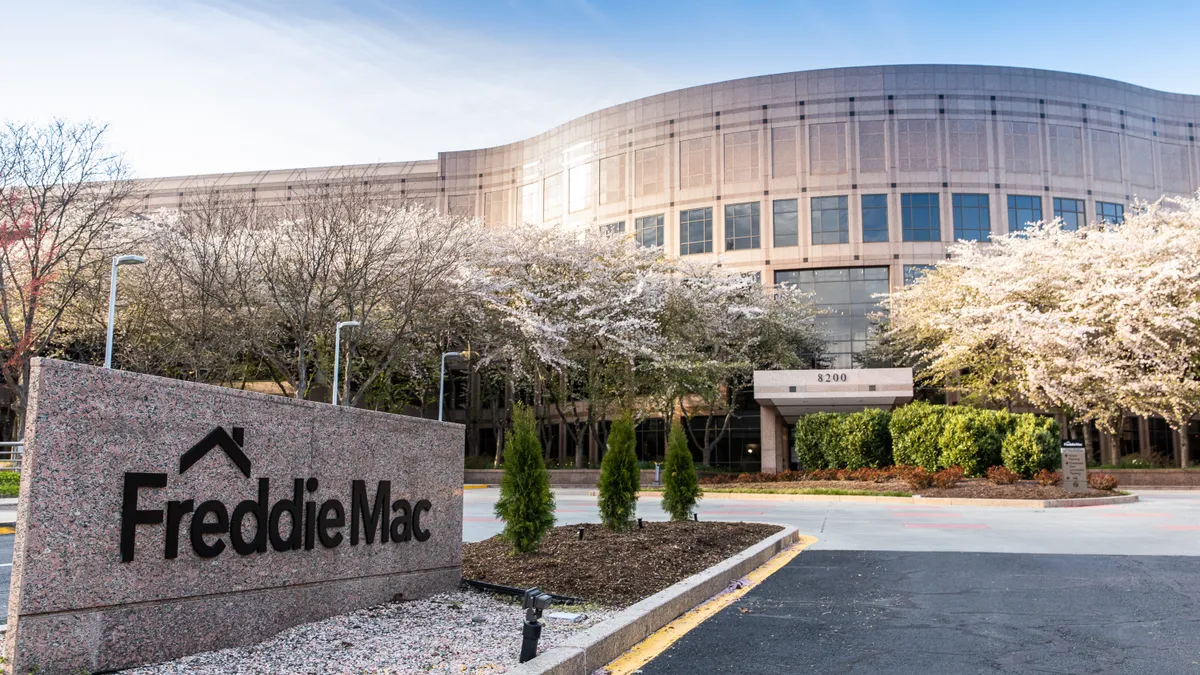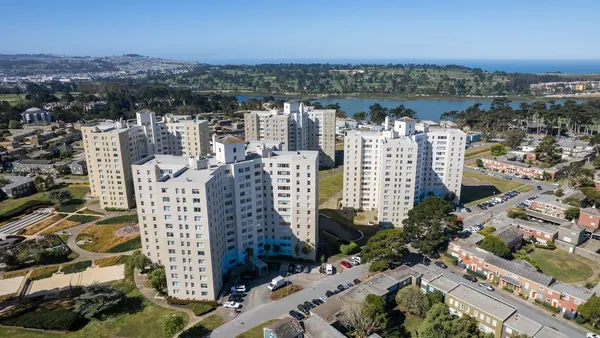As 2023 begins with persistent recession fears, rent projections for the year ahead continue to be downgraded.
Yardi Matrix revised its 2023 rent growth outlook from 3.7% to 3.5% in early December. commercial real estate services firm CBRE expects rent growth to hit 4% — a solid number in many years. However, that’s a noticeable decline from the double-digit rent growth posted in 2021 and 2022.
Traditionally, during recessions and periods of slowing or even declining rent growth, apartment operators focus on keeping current residents in place. While retention should remain a priority in 2023, managers will also focus on controlling expenses as revenue projections tighten. But trimming those costs could prove to be difficult as inflation lingers.
“We're all looking ahead with the economy,” said Andy Hoff, senior vice president of facilities operations at King of Prussia, Pennsylvania–based Morgan Properties. “I think most multifamily owners and a lot of other businesses have an eye on that.”
Slowing growth
After seeing the market cool in the last few months of 2022, property operators are preparing for a more challenging year in 2023.
“Trying to read the tea leaves, and it's not easy right now, we believe that there will be a slowdown as far as the meteoric rise in rents that we've seen over the last few years,” said Dave Brackett, senior vice president of property operations for Indianapolis-based developer, manager and owner Milhaus. “So right now, we're preparing for lower rent growth.”
Occupancies are also projected to fall next year. CBRE predicts they’ll fall but still come in above their 20-year average of 95%. Maria Banks, president and CEO of AMLI Management Co., the operating arm of Atlanta-based AMLI Residential, projects her company’s occupancies will be lower than the nearly 98% it posted in 2022 as new supply hits the market.

“We’re definitely more tempered in terms of revenue growth and net operating income projections, but still looking pretty good,” Banks said.
Some operators are in tougher positions than others. Brackett feels pretty confident in Milhaus’s Midwestern markets, which didn’t see rents rise as fast as its Sun Belt metros. However, owners in tech hubs like the Bay Area and Austin, which have seen layoffs rise, could get hit harder.
“If you lose a whole lot of high-paying jobs in the economy, that reverberates everywhere,” said Matt Ferrari, co-chief investment officer and head of acquisitions and East Coast asset management for Los Angeles–based TruAmerica Multifamily.
Expense control
When revenue increases slow, many operators will work to limit the amount of money they’re spending. That, and inflation, are big reasons why expense control is a priority for many executives in 2023.

“We're just going to be really focused on trying to control our expenses because inflation has taken a toll on everybody,” Brackett said. “Personnel has gone up and I don't see that slowing down a whole lot. So we're going to have to look at creative ways to cut back a little bit.”
Many of the public apartment REITs have been focused on expense management and spreading resources across multiple properties. For instance, Arlington, Virginia-based REIT piloted a program with no staffers on site at its 238-unit Kanso Twinbrook in Rockville, Maryland. Prospects can use self or virtual tours to see apartments and residents can schedule maintenance requests. The REIT provides emergency response as needed.
Alexander Goldfarb, managing director and senior research analyst of REITs at investment bank and financial services company Piper Sandler & Co., said the apartment REITs have shown “incredible expense discipline over the years.”
“They aren’t immune from some forms of inflation, like insurance costs increasing,” he said.
Goldfarb said insurance companies will face more challenges in a difficult market for stocks and bonds. That could make it harder for them to offer acceptable rates to property operators. “They're not going to be as competitive because they need to make money,” he said.
So as much as apartment operators want to trim costs, they will still have to deal with utilities and insurance increases creating “a huge pressure point,” Goldfarb said.
“What they're facing now with inflation costs on labor, utilities, insurance and real estate taxes is beyond their control,” Goldfarb said.
Retention as a priority
In a slowing growth environment, companies want more than ever to keep the residents they have.
Retention will be a focus for AMLI, though Banks said it has always been a priority with the company striving to keep renewals at 50% to 55%.
“The past couple of years have gotten a little higher during the pandemic,” Banks said. “But certainly resident retention is a part of our strategy. We looked at resident events and created resident groups in our portal to try to make people feel at home. Obviously, customer service is a significant focus for us as well.”

Milhaus relies on a social connection portal called Cobu to allow residents to communicate. In the process, it hopes they make connections that increase satisfaction and lead to renewals.
“It's kind of like having their own Facebook page just for the property,” Brackett said. “It's really designed for apartment dwellers. The residents really interact well with each other on there.”
If managers can use technology to reduce costs and enhance resident retention, they could soften the blow of flatter rental rates. If not, operators could be looking at a long year of lingering economic concerns.
Click here to sign up to receive multifamily and apartment news like this article in your inbox every weekday.



